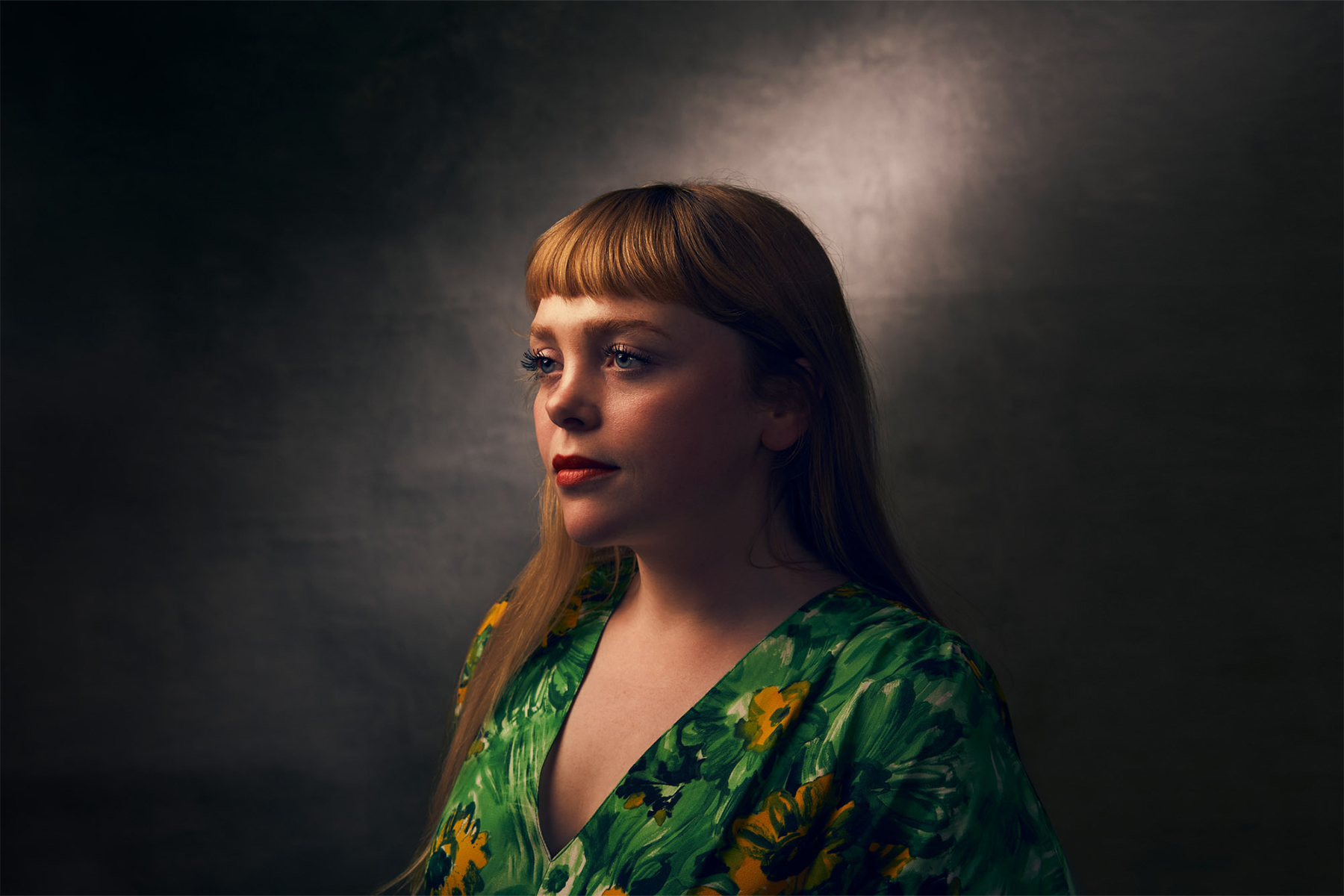
- Home |
- Search Results |
- How to fall in love again – after learning to be happy alone
How to fall in love again – after learning to be happy alone
Author Megan Nolan’s bestselling novel Acts of Desperation was, in part, an exercise in putting the romantic co-dependence of her twenties behind her – so when she fell in love again, she feared it would “compromise her power.” How does one learn to allow others back in?
Last year I saw a writer I like, Charlotte Shane, post on her Instagram stories about falling in love. She was referring to reading back on notes she had made about her now-husband when they had first met, years before, and she said something like: if you can, make sure to document when you are falling in love. It is almost always so totally terrifying to fall in love as an adult that I can barely stand to acknowledge that it’s happening. But you don’t really fall in love that many times, not in the grand scheme of things.
I respect Charlotte and I respect what she was telling us to do, and I tried to do it. In my journal I noted the number of days after I had met my love, and what I was feeling. One telling example went like this:
I spent my whole life until my thirties dedicated to finding love or being purposefully slutty. When Covid happened, I was forced to abandon my idea of myself as a desirable person. There was nobody around to desire me, and so I threw myself into work and self-actualising, and all that boring crap.
I was working on this book of mine, which was an endpoint to all of my late teenage and twenties neediness; it was a sort of explosion of all those dire feelings which had defined me for so long, and once I finished writing it I felt free. I felt like I had at last made a place for myself in the world which was only about my own abilities and interests and feelings.
'For the first time, I felt able to exist as myself without another person there to provide me with validation or context'
For the first time in my entire life, I felt able to exist as myself without another person there to provide me with validation or context, and I didn’t see that as a temporary situation. I felt gloriously able to live alone, and when restrictions allowed, I would do some dating, but nothing beyond the immediate. Before that, I had spent a good ten years of my life flailing in the dregs of relationships I had hoped would give me purpose. Of course, they couldn’t. Even the relationships I had with amazing people, people I’m still very close with now, couldn’t give me that. I was only ever after my own self. I was trying to see something interesting and charismatic and sexy in myself, and when my partners inevitably couldn’t precipitate that self-love, I bolted.
When I eventually saw how draining it was to grasp all your definition from others, I developed this defensive, instinctive way of being. I learned to be alone, but as part of that I learned that I could only be alone. I felt impenetrable, like I had to develop this feeling that nothing could ever reach me again except my parents and my friends. Everyone else was trash. Everyone else could compromise my power. Everyone else could fucking hurt me.
•
And then I fell in love. It was entirely unexpected. I think often of the time, three dates in, when I was making us coffee in my kitchen and we were discussing how unfair it is that women in their thirties find themselves at such a disadvantage on dating apps.
'I did not expect to find real love, and I didn’t like that feeling, the feeling of suddenly having something unbearably precious to lose'
I said, “But it doesn’t much matter for me because the most attractive thing in anyone of any gender is just not particularly wanting a partner” – which neither of us did. And, yet!
I had never been able to be a real person, so to speak, because I was always on tenterhooks waiting for them to see through me. I think when you put yourself or anyone else on a pedestal, and make it seem like love has to be something pristine and aesthetically stunning, it’s doomed. But I found my love because I was traipsing about being entirely myself and totally happy to be alone.
I got angry because I did not expect to find real love, and I didn’t like that feeling, the feeling of suddenly having something unbearably precious to lose – the precious being both him and my own ability to be autonomous.
On some level, I still think it’s insane to let myself love someone, knowing how vulnerable it makes me, how much it could hurt to lose it. And someone will get hurt, one way or the other, even if we spend the rest of our lives together. I suppose I’m just aware that it would hurt more, ultimately, to refuse all vulnerability than to reintroduce it to my life.
I said to him not long ago: “I’m sad because I’m so happy. I love you so much and you’re going to die.”
And he said: “You could die before me.”
“That’s literally the only thing that keeps me going,” I said, and we both laughed for a long time, and were in love.
What did you think of this article? Email editor@penguinrandomhouse.co.uk and let us know.
Image: Stuart Simpson / Penguin